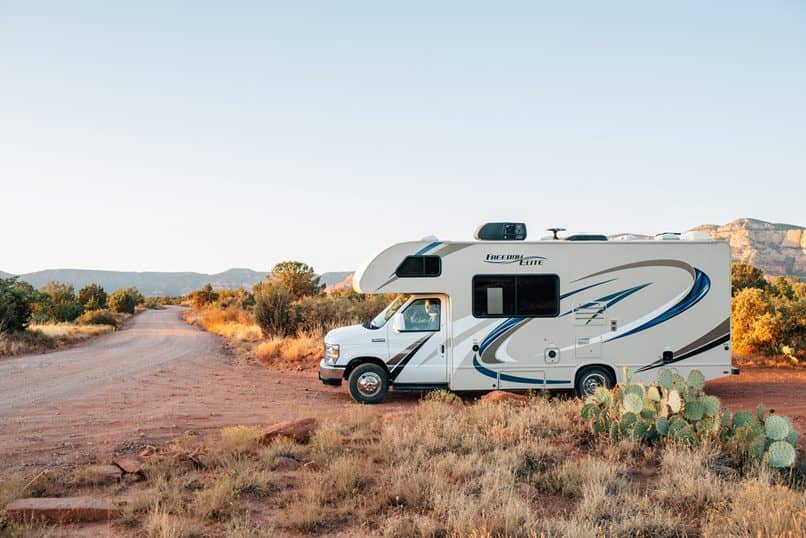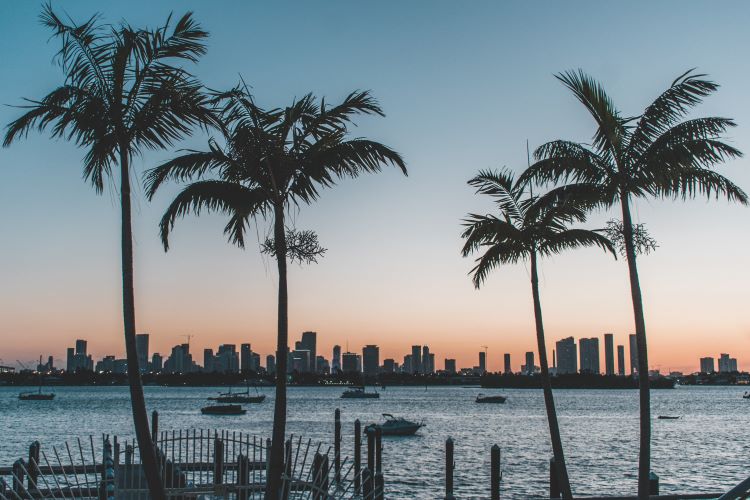3 Products You Should Avoid Using in Your RV

3 Products You Should Avoid Using in Your RV
As an RV owner, you’ll go through many tests and trials of products that claim to be “the best” for this or “the solution” to that. But sometimes, those products may not live up to the hype or are too expensive to use on a regular basis. Worse yet, they may not be as effective as advertised or damage your rig.
For those reasons, we’ve compiled three products that you should avoid using in your RV:
RV Toilet Paper
RV toilet paper is marketed as being formulated to break down in black tanks and prevent clogs better than regular toilet paper. While this may be true, specialty RV toilet paper can be expensive and difficult to find—you will have to travel to a camping goods or RV store to purchase it, or buy it online. But when you’re in a pinch, you may not have the time to wait! Instead, you can consider using toilet paper that is marked as “septic safe” on the package. Septic-safe paper is more readily available at regular stores and drugstores and is formulated to dissolve better than other types of toilet paper. One drawback is that you may need to use more water when flushing, but this could be worth it to save money and time.
Drano
Inevitably, you’ll experience a clogged sink or shower drain in your RV. And it’s easy to grab an old standby like Drano, known for its clog-busting capabilities, as the solution to the problem. But is this product actually safe for your rig’s pipes? Most RVers would say no, and recommend never using Drano in an RV. Others may say to use it sparingly.
But in general, it’s best to avoid using Drano because it can accelerate deterioration of your RV’s plumbing system and cause more problems than it helps. Instead of using Drano, try using boiling water, an enzyme-based drain cleaner, or a drain snake to clear clogs. Another option is to pour baking soda into the drain and follow that up with vinegar. After letting the solution bubble and fizz for about 20 minutes, pour about half a gallon of boiling water down the drain. For the best results, use a 1:1 ratio of baking soda and vinegar.
Flex Seal
Occasionally resealing an RV roof and around vents is a standard maintenance requirement for RVs. And while there are lots of sealant products on the market, such as Flex Seal, not all of them are formulated for certain roof applications. Many an RV owner will tell you they’ve used Flex Seal but consider it a temporary solution. Their preference? Dicor brand products. The Dicor products can stand up to harsh weather and UV exposure and work hard to prevent leaks. Ultimately, you’ll want to use sealants that are recommended in your owner’s manual and formulated for specific roofing materials, such as rubber.
What types of products do you recommend not using on an RV? Let us know in the comments or contact us today!


